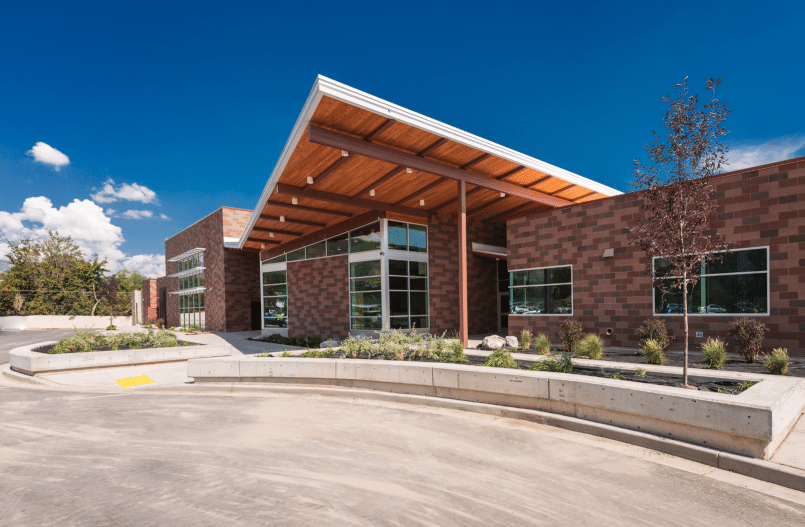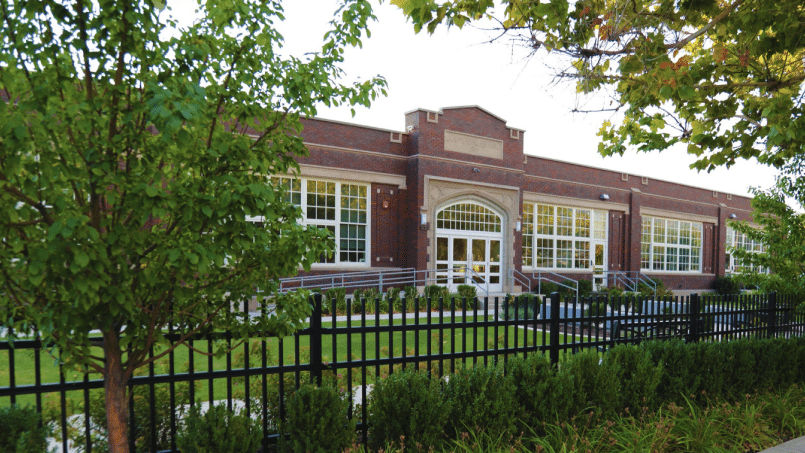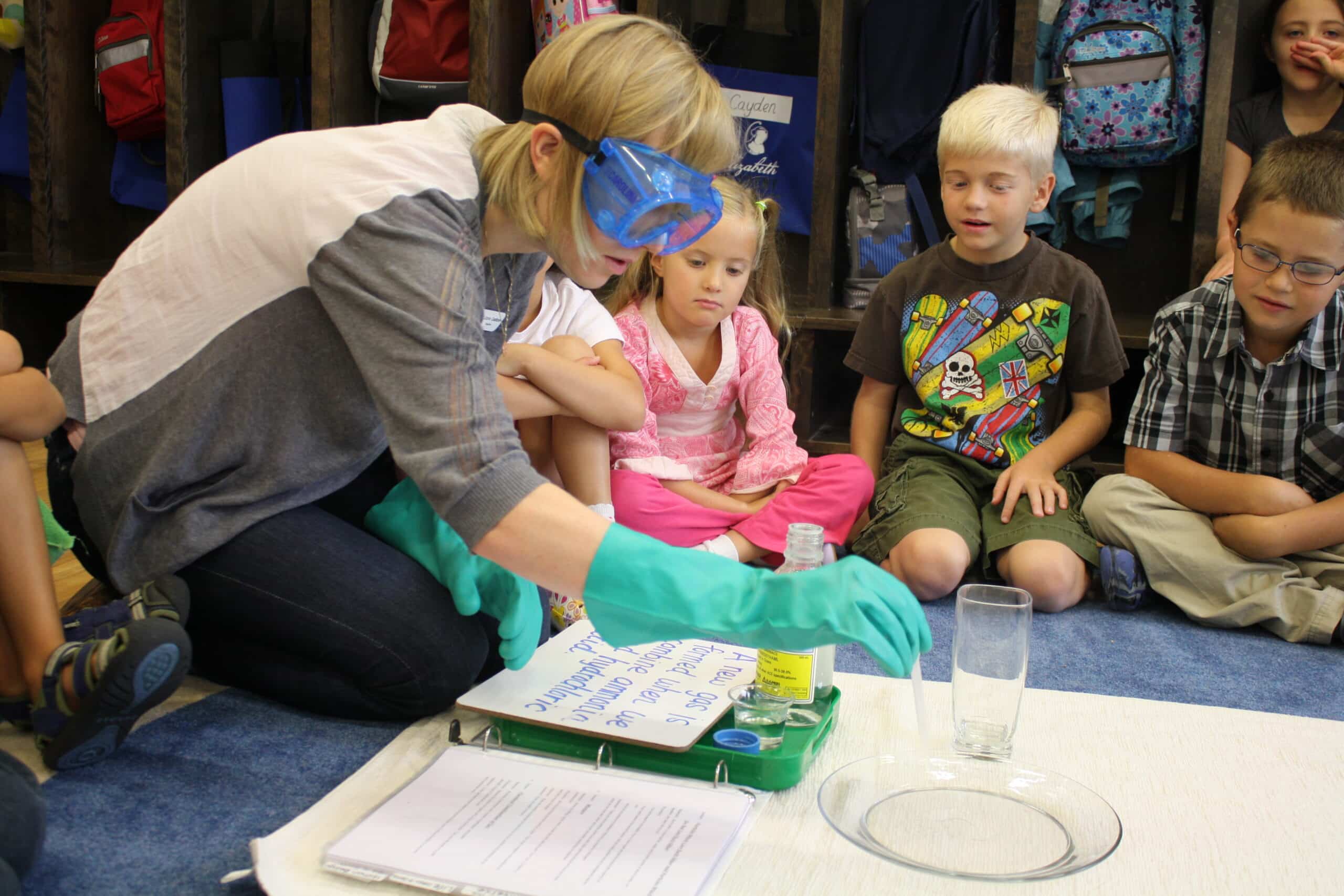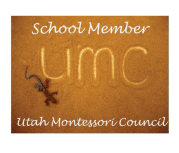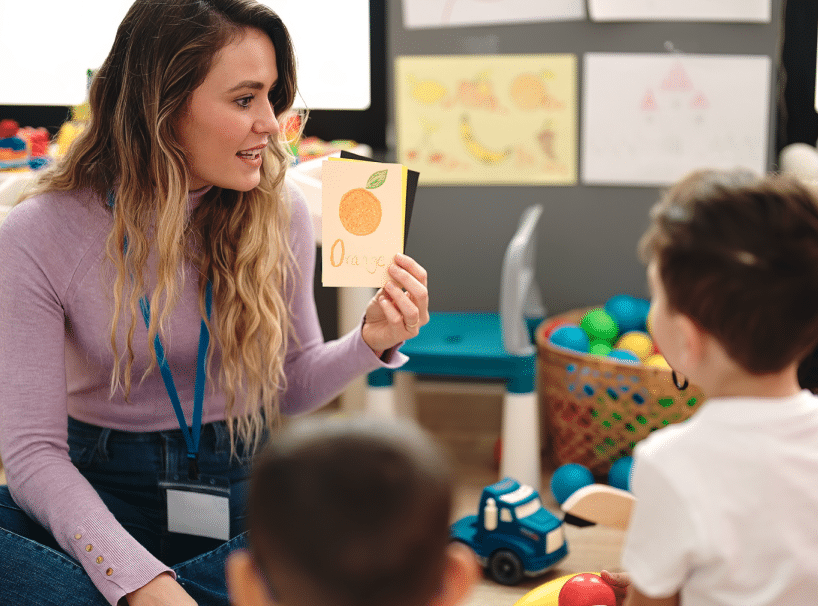

Elementary
Education

Enlightenment in Elementary
Our elementary classrooms are designed to feed and satisfy this age group’s immense appetite for knowledge and stimulate natural intellectual curiosity. Students actively participate in earning and the curriculum is personalized to address each child’s needs, abilities, and interests. Social development and deep learning occur as the older children model and mentor the younger students in rich, collaborative learning experiences.
Experiential Learning
8:1
Teacher Ratio
Collaborative Play
Curriculum
Mathematics
The students use hands-on materials to learn the four mathematical operations of addition, multiplication, subtraction, and division, and progress to working with fractions, decimals, and algebra. Students study a wide range of concepts in geometry, including closed figures, lines, and angles. In later elementary years, increasingly abstract concepts are introduced to develop a higher level of mathematical thinking.
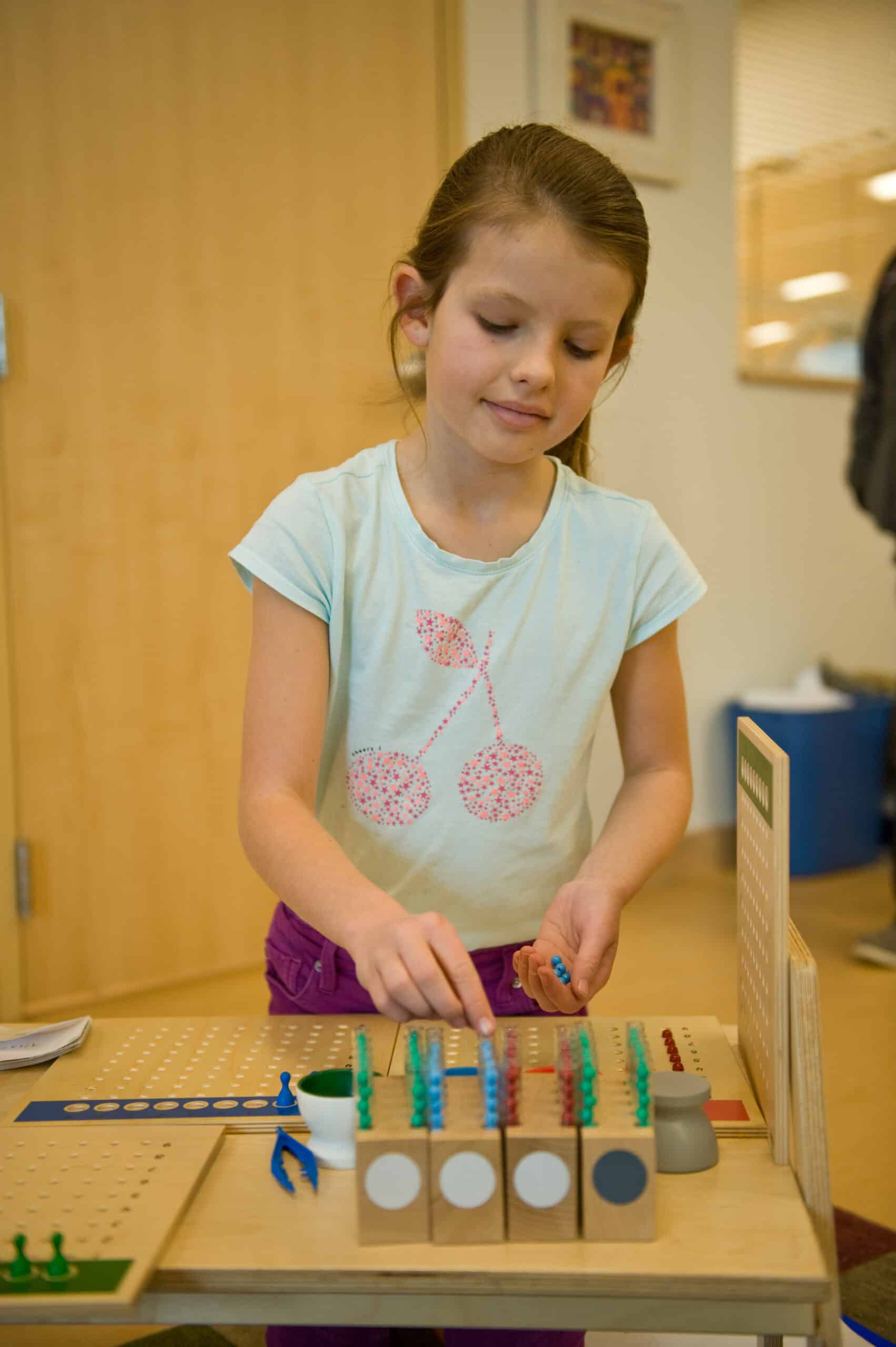
Language Arts & Literacy
The elementary language curriculum covers various topics, including reading fluency, comprehension, grammar, spelling, word study, writing mechanics, handwriting, and literature. Students refine their reading and writing skills through their work in other curriculum areas.
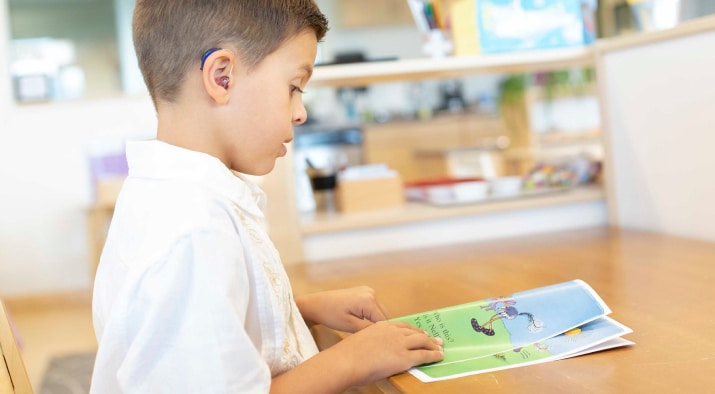
The Arts
Art is integrated into the curriculum through activities, including geometric drawing, map making, botany, zoology, and architecture. Music, dance, and drama are integral as students learn about history and different cultures. Students also participate in art enrichment programs taught by music, dance, and visual arts specialists. At the end of each school year, there is a cultural fair where students can showcase artistic creations.
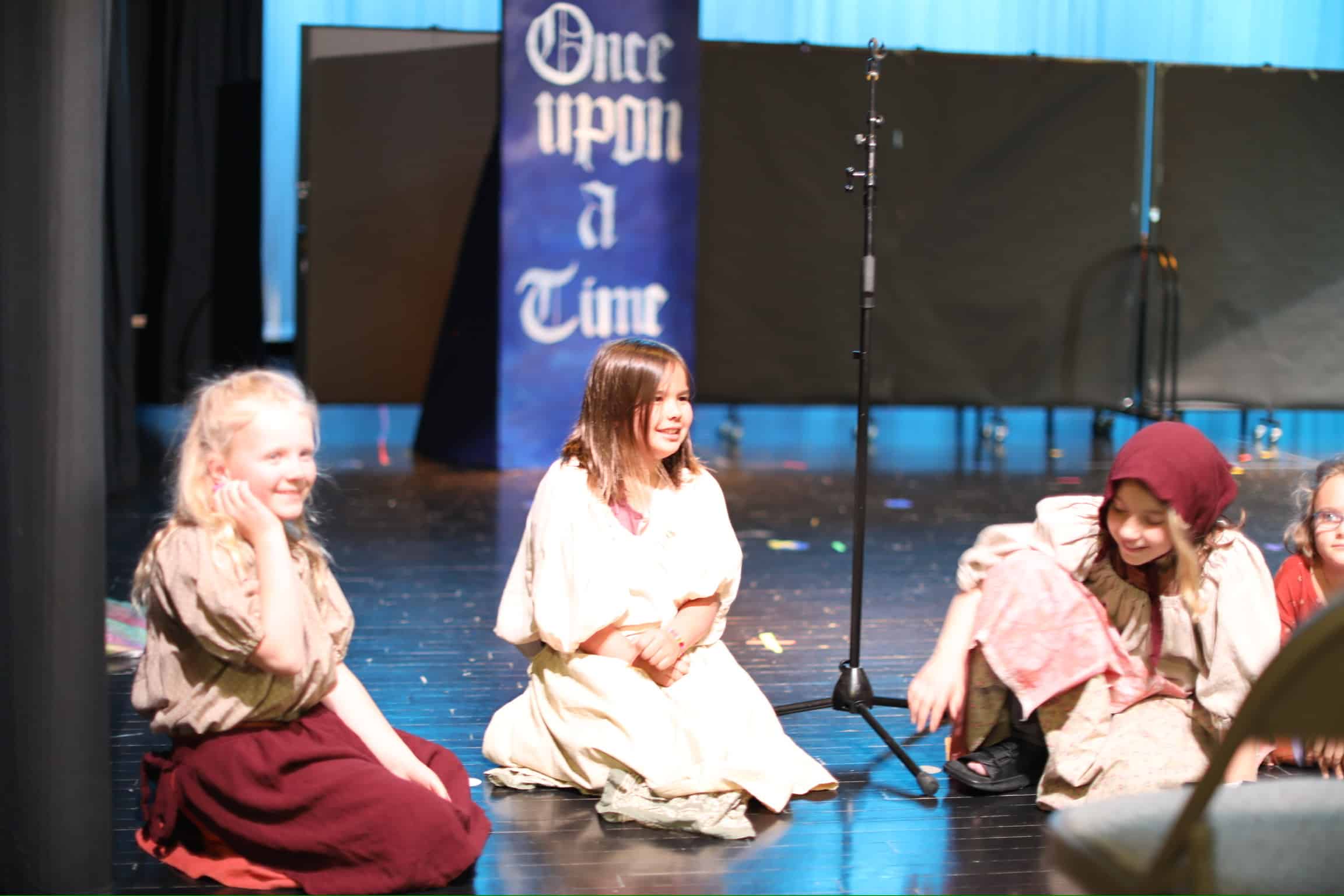
STEAM
STEAM allows students to creatively address real-world critical thinking problems through a curriculum that combines STEM (science, technology, engineering, and mathematics) with an integrated arts approach. Arts education is an essential key to nurturing creativity, which drives innovation. STEAM engages both hemispheres of the brain as students combine logical, linear computations with inventive and original ideas.
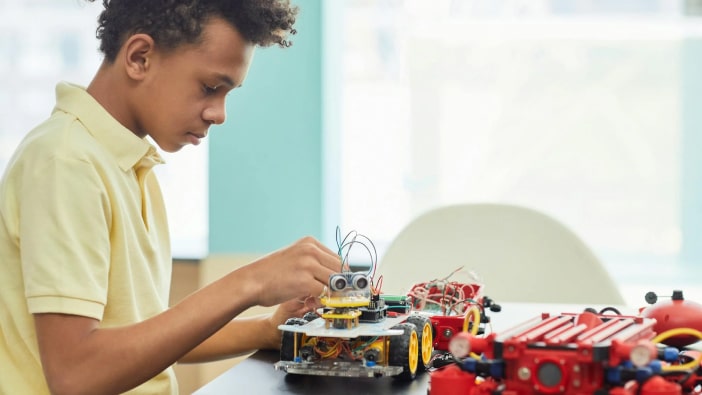
Cosmic Education
Cosmic education is a cornerstone of Montessori philosophy that focuses on the interconnectedness of all things to help children understand their place in the universe. It is presented to elementary students through five core themes: The History of the Universe, Life and Living Things, Humanity – Its History and Accomplishments, Human Communication, and The World of Mathematics. The holistic approach gives students a broad picture of a concept before examining its separate components.
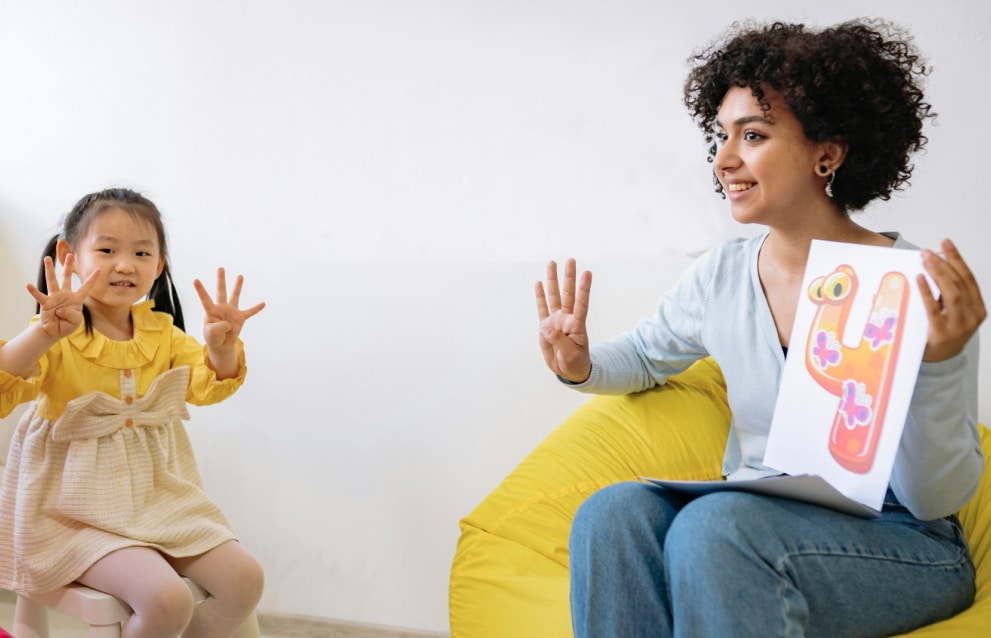
Meet Our Teachers

Liz Collins
Lower Elementary Teacher See Bio: Liz Collins
Melissa Call
Lower Elementary Teacher See Bio: Melissa Call
Dawn Wiebold
Lower Elementary Teacher See Bio: Dawn Wiebold
Sammi Nelson
Upper Elementary Teacher See Bio: Sammi Nelson
Lindsey Constance
Upper Elementary Teacher See Bio: Lindsey Constance
Upcoming Events
Academic Calendars & Admissions
We invite parents to review the Elizabeth Academy enrollment process, then schedule an in-person tour to meet faculty, explore our campus, and get all your questions answered. Visit our Parent Resources page to view the academic calendar, newsletter, family portal, parent handbook, and more.
Schedule a Tour
To schedule a tour at either campus, please submit a request through the button below. For answers to general questions, fill and submit the form below.
General Inquiries
